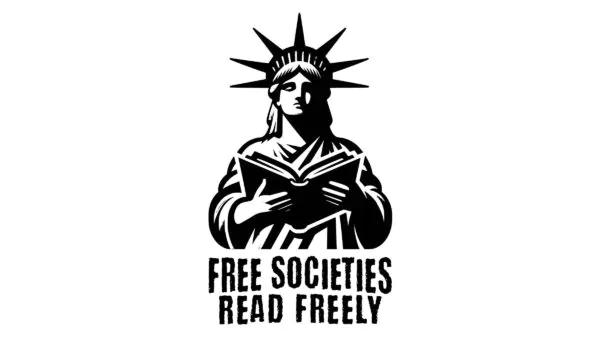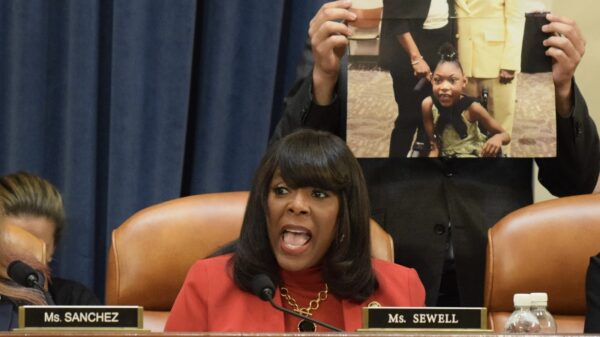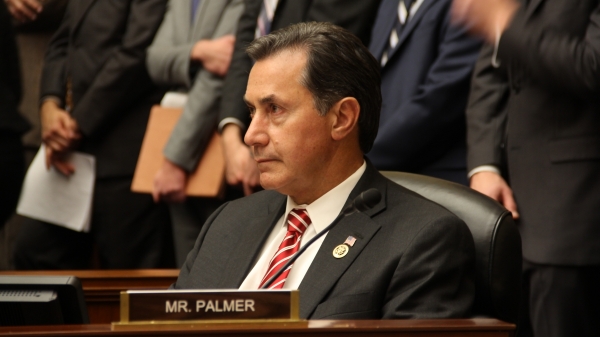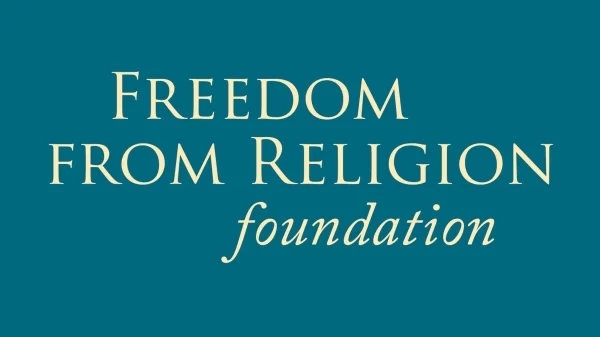In a recent article by The Charlotte Observer, a thought-provoking question arises: “Should the U.S. be governed by Christian values?” This question is grounded in new research from the Public Religion Research Institute (PRRI), a nonprofit organization dedicated to studying the intersection of religion, politics, and culture. The research shows that Americans are deeply divided on this issue, with 50 percent of respondents believing the U.S. is or should be a Christian nation, while the other half disagree.
In states like Alabama, where “Christian values” and “Alabama values” are often equated, politicians invoke religion as an inseparable part of the state’s identity. This raises a more critical question: What exactly are Christian values?
The Christian landscape in America is not monolithic. It includes Roman Catholics, Protestants (like Baptists, Methodists, and Lutherans), Eastern Orthodox Christians, and a growing number of non-denominational churches. While all may share core beliefs in Jesus Christ, they differ significantly in practice and doctrine. Catholics emphasize church tradition and sacraments, while many Protestant denominations focus on the Bible as the sole source of faith. Baptists insist on adult baptism by immersion, whereas others baptize infants. Pentecostals, with their emphasis on the Holy Spirit and practices like speaking in tongues, stand in contrast to more formal liturgical traditions.
So when people say they want the U.S. to reflect Christian values, what does that really mean? Are they calling for the teachings of Jesus—love, forgiveness, and acceptance—or do they mean the rigid Old Testament laws that fuel many of today’s culture wars? Do they seek a nation guided by the compassion of Christ or the wrath of the prophets?
This difference is critical. Many Americans mix and match religious principles to suit their worldview, creating a patchwork of faith that can be both selective and contradictory.
Allyson Shortle, a researcher involved in the PRRI study, speaking to McClatchy News makes a compelling point. She notes that many Americans perceive the U.S. as a Christian nation because of the perceived overlap between Christian and democratic values—values like fairness, justice, and liberty. But as Shortle astutely observes, these are not exclusive to Christianity. They are universal principles shared across many religions and, more importantly, embedded in liberal democracy.
But here’s where things take a darker turn. While many Americans may appreciate the idea of a moral force guiding politics, fringe Christian movements have hijacked this goodwill to push exclusionary policies. In recent history, we’ve seen religious justifications used to restrict the rights of LGBTQ+ individuals, enforce abortion bans, and limit access to birth control—all frequently framed as a defense of “Christian values” and used to systematically exclude and punish those who do not adhere to that belief system, particularly women and marginalized communities.
The lessons from history are clear: when religious values are used to justify governance, they often result in exclusion rather than inclusion. History is filled with examples of religious dominance leading to societal repression, from the Puritan colonies of early America, which enforced strict moral codes, to more contemporary debates on the role of Islam in governance in the Middle East. These regimes, while varying in context, share one thing: they use faith not to serve the greater good but to dominate and control.
At least half of Americans recognize this danger and hold fast to the idea of a secular nation built on laws. The beauty of America lies not in its allegiance to any one religion, but in its commitment to universal values—fairness, liberty, and justice—that transcend any singular faith. A nation that truly honors religious freedom must resist the temptation to be governed by the doctrine of any one religion, no matter how dominant it may be.
We must remember that the “goodwill” often associated with Christianity can quickly turn into exclusionary practices when wielded by those seeking power. If we allow the country to be ruled by a singular religious ideology, we risk losing the freedoms that make this nation great.
America’s national values should reflect the best of humanity—compassion, fairness, and acceptance of all people, regardless of their beliefs. Rather than governing by Christian doctrine, let us strive for a society where freedom is truly for everyone. This broader vision of governance will ensure that our country remains a place where the rule of law, not the rule of religion, prevails.














































